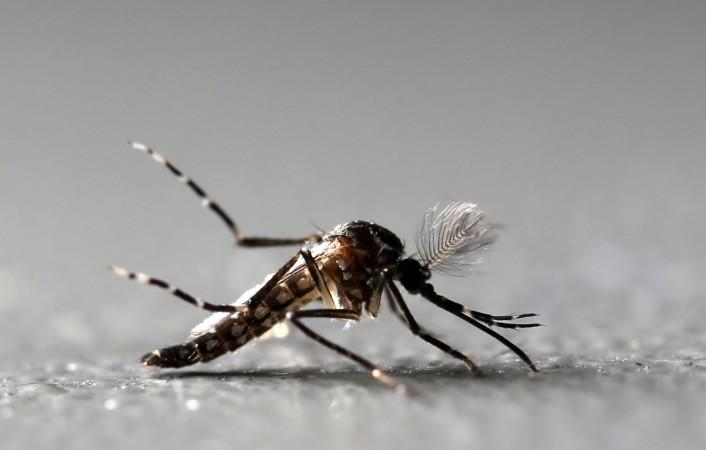A five-year-old girl from the Raichur district has become the first confirmed Zika virus case in Karnataka, state health minister K Sudhakar announced on Monday.
"We have got a lab report from Pune about the confirmed case of Zika virus. On December 5, it was processed and reported on December 8. Three specimens were sent out of which two were negative and one was positive, a five-year-old girl. We are keeping a vigil," Sudhakar was quoted as saying by news agency PTI.
"This is the first confirmed case in Karnataka. It came to light when the serum was subjected to Dengue and Chikungunya test. Usually, 10% of such samples are sent to Pune for test, out of which, has come across as positive," he added.

The minister also asserted that the government is taking all necessary steps and maintaining caution. He said that the state will issue a set of guidelines soon. Meanwhile, necessary instructions have been provided to the health department of Raichur and neighbouring districts to send the samples for the Zika virus test, in case suspected cases are found.
Sudhakar informed that the girl who tested positive does not have any travel history and the samples of five of her relatives have turned negative. She was suffering from a fever for the past two weeks and was initially being treated at Taluk hospital in Sindhanur. She was later shifted to the Vijayanagara Institute of Medical Sciences.
What is Zika virus?
According to the World Health Organisation (WHO), Zika virus is a mosquito-borne virus that spreads through the bite of an infected Aedes species of mosquito named Aedes aegypti. The Aedes mosquitoes usually bite during the day, peaking during early morning and late afternoon or evening.
Most people infected with the virus do not develop symptoms. The symptoms, among those who do, typically start three to 15 days after the person gets infected. The symptoms include rash, fever, conjunctivitis, muscle and joint pain, malaise and headache. They usually last for two to seven days.
When was Zika first identified?
The virus was first identified in Uganda in 1947 in a Rhesus macaque monkey followed by evidence of infection and disease in humans in other African countries in the 1950s.
From the 1960s to the 1980s, sporadic human infections were detected across Africa and Asia. However, since 2007 outbreaks of Zika virus disease have been recorded in Africa, the Americas, Asia and the Pacific.

















